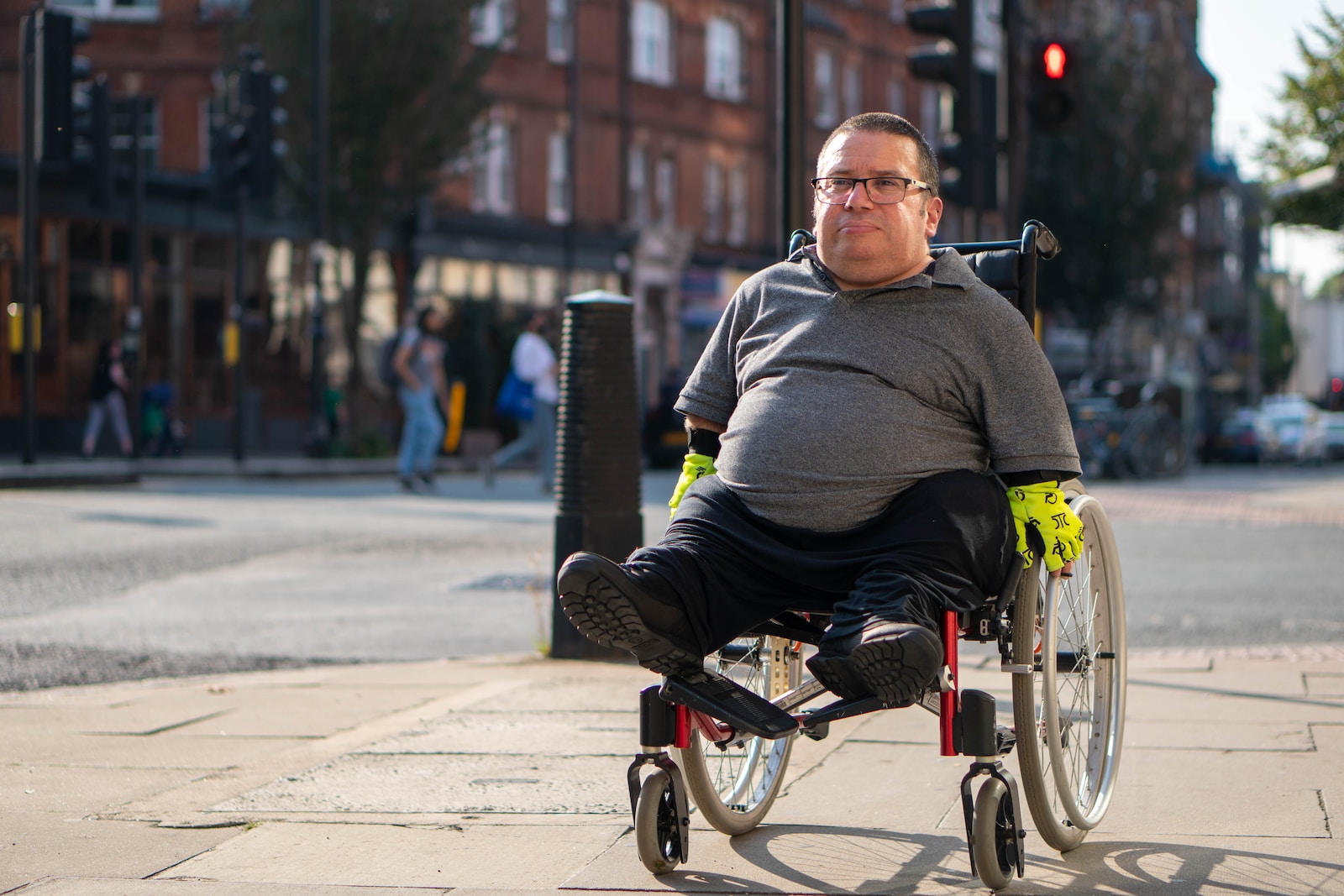Campaigners slam government plans to tighten disability benefit tests
The government has sparked anger by launching proposals that would make it harder to get disability benefits, with campaigners denouncing them as a ‘cynical attempt’ to cut spending.
The Department for Work and Pensions (DWP) launched a consultation on changes to the Work Capability Assessment (WCA) this week, in what it described as a way of helping people back into paid work.
Ministers have expressed growing concern in recent years over the cost of disability benefits, which has risen amid the cost of living crisis and signs that the pandemic and NHS backlogs have increased levels of long-term sickness and disability.
Disability benefits were the target of savage cuts during the early years of austerity, with the WCA linked to numerous deaths and suicides of disabled people and those with mental health needs who were found ‘fit for work’.
However, in recent years the WCA has seen higher success rates for applicants, with the other disability benefit – Personal Independence Payment (PIP) – proving harder to claim.
The WCA is a test used to judge eligibility for the Employment Support Allowance (ESA) disability benefit, or more recently the disability element of Universal Credit, for people unable to work.
The WCA ‘scores’ applicants based on specified criteria to sort them into one of three categories – Limited Capacity for Work Related Activity (LCWRA) for those unable to work or prepare for work; Limited Capacity for Work (LCW) for those unable to work but judged able to prepare for a return to the workplace; and those deemed ‘fit for work’.
People placed in the first two groups receive disability benefit; those judged fit for work do not.
The government is now consulting on the following changes to the criteria:
Mobilising
- Remove the mobilising activity entirely or;
- Amend the LCWRA mobilising descriptor, replacing 50 metres with 20 metres for both descriptors within the LCWRA activity or;
- Reduce the points awarded for the limited capability for work (LCW) Mobilising descriptors
Getting About (for LCW only)
- Remove the getting about activity entirely or;
- Reduce the points awarded for LCW descriptors for getting about
Coping with social engagement
- Remove the coping with social engagement activity entirely or;
- Reduce the points awarded for LCW descriptors for coping with social engagement
Absence or loss of bowel/bladder control
- Remove the continence activity entirely or;
- Amend the LCWRA continence descriptor so that claimants are required to experience symptoms ‘daily’ rather than ‘weekly’ or;
- Reduce the points awarded for the LCW continence descriptors
Substantial risk to health
In addition, the DWP has proposed two options relating to whether someone meets the provision of ‘substantial risk to their physical or mental health or to the physical or mental health of someone else if found not to have a have a LCWRA’.
- Amend the LCWRA substantial risk definition to reflect that this would not apply where a person could take part in tailored or a minimal level of work preparation activity and/or where reasonable adjustments could be put in place to enable that person to engage with work preparation or;
- Remove the LCWRA risk criteria entirely, so that anyone who would meet the current threshold would instead be placed in LCW
The deadline for responses to the consultation is 30th October.
Secretary of state for work and pensions, Mel Stride, said: ‘Health assessments haven’t been reviewed in more than a decade and don’t reflect the realities of the world of work today. That’s why we’re consulting on reforms which will mean that many of those currently excluded from the labour market can realise their ambition of working.
‘Anyone helped towards work through these proposals would receive appropriate support tailored to their individual circumstances, allowing them to safely access the life-changing impacts that work can provide.’
However, the plans have been roundly criticised by disability organisations.
‘The government’s proposed changes to the WCA in reality are less to do with helping Disabled people into work than a cynical attempt to impose conditionality and to reduce benefit expenditure,’ said Ken Butler, welfare rights and policy adviser at campaign group Disability Rights UK.
‘The consultation proposals include excluding consideration of someone’s mobility problems altogether, and also removing the assessment category of work having a substantial risk to health.
‘This means that Disabled people may be forced to look for or obtain work beyond their capabilities.
‘Help and support can be offered to Disabled people to get us into work without work capability changes, conditionality, and sanctions.’
Vicki Nash of mental health charity Mind said: ‘While the rising number of people with mental health problems unable to work is extremely concerning, reducing the number of people able to claim sickness benefits is not a magical solution that will make people well enough for work. With these reforms, the UK government will be taking away much-needed financial support and the breathing space provided by the benefits system when people need it most.
‘People are already forced to undertake activities they are too unwell to do, due to inaccuracies in their assessment and a lack of understanding from work coaches, with devastating impacts on their mental health. [These] proposals could make this even worse. In particular, the changes to the exemption from conditionality for people whose safety would be at substantial risk are incredibly concerning.’
Images: Centre for Ageing Better and Jubbar J.
New report reveals unequal disability rates between education groups
Disability organisations accuse government of hiding from UN

















